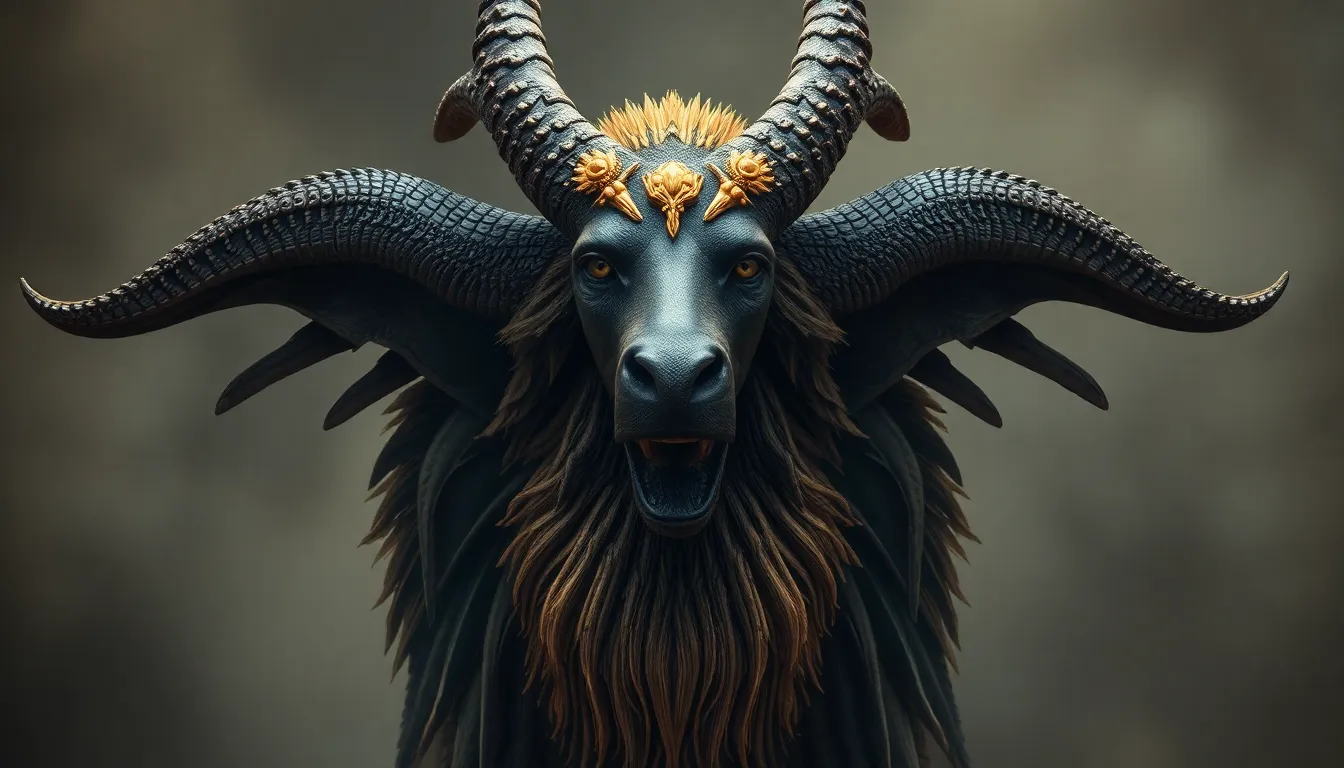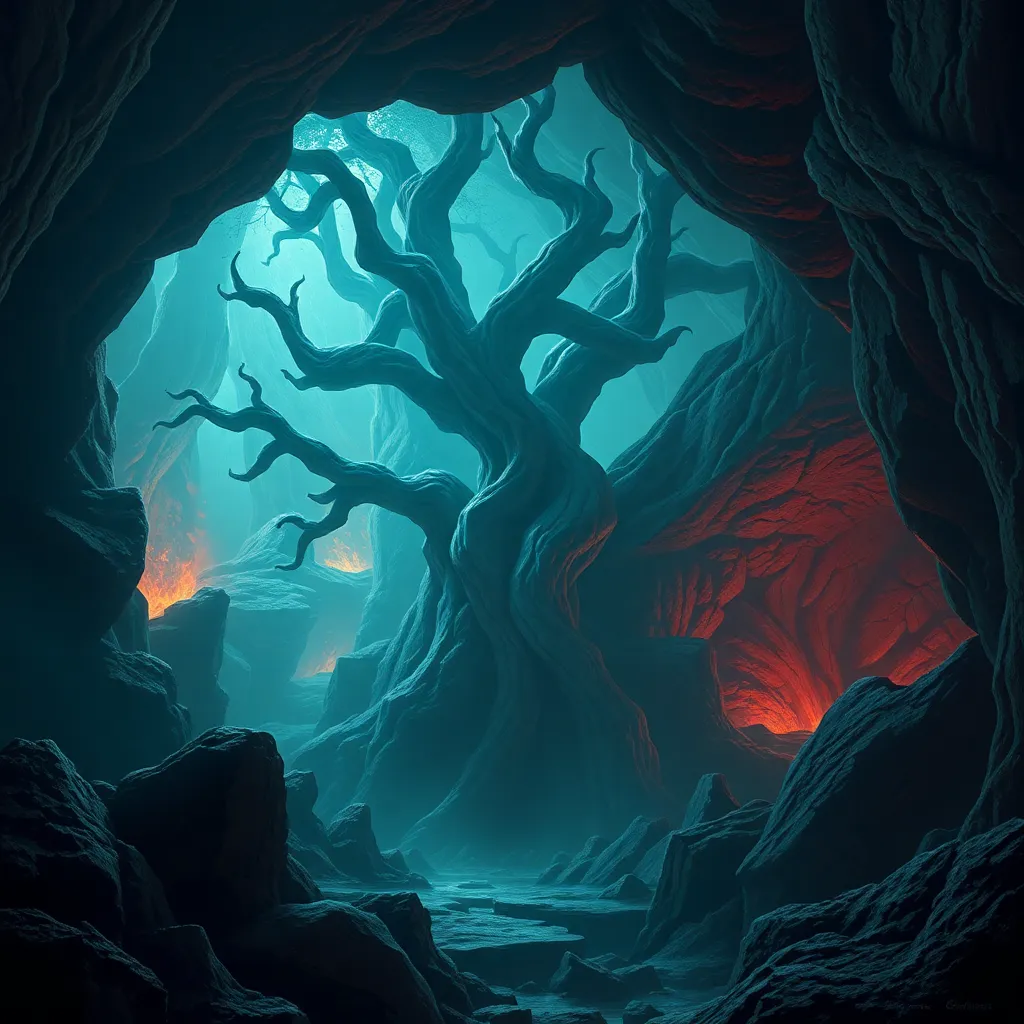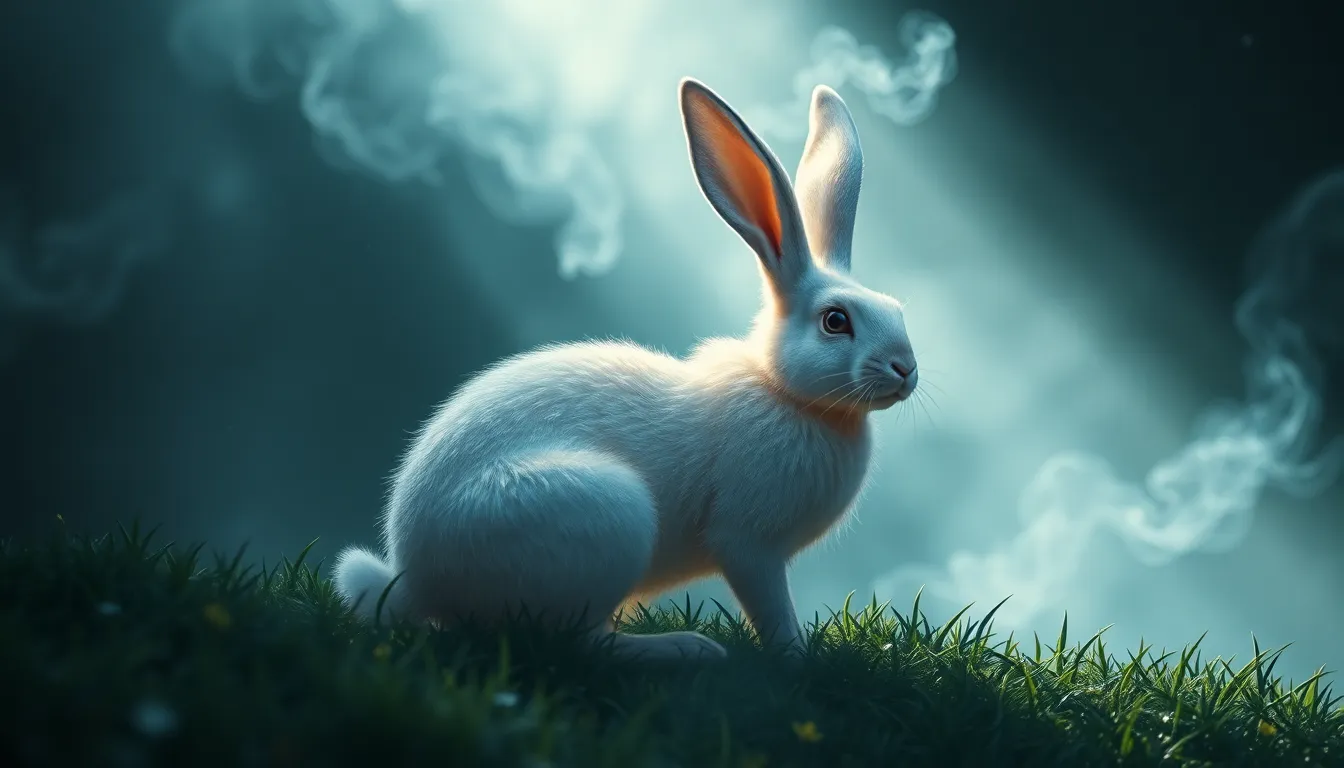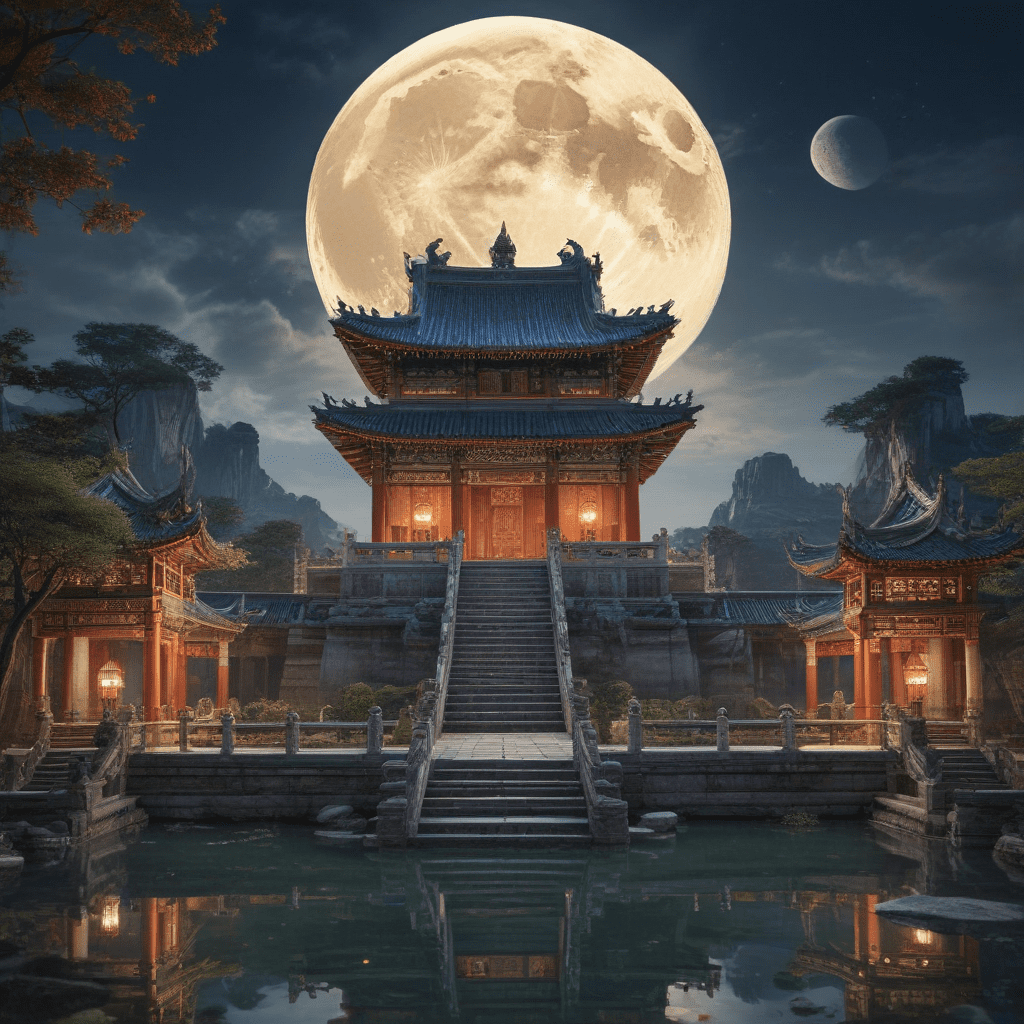The Role of Animals in African Mythology: Sacred and Profound
I. Introduction
African mythology encompasses the diverse beliefs, stories, and practices of the continent’s various ethnic groups. These narratives often include a rich tapestry of symbolism, particularly through the representation of animals. Animals serve not only as important characters in myths but also as embodiments of cultural values and moral lessons.
This article aims to explore the profound role that animals play in African mythology, examining their symbolism, sacredness, and the impact they have on cultural narratives. We will delve into specific examples, discuss totemism, and consider how these beliefs influence modern practices and conservation efforts.
II. The Symbolism of Animals in African Mythology
In African mythology, animals are imbued with deep symbolism, often reflecting human traits, societal values, and natural phenomena.
A. Common themes associated with animals
Animals are often associated with themes such as:
- Strength and power
- Wisdom and knowledge
- Fertility and abundance
- Transformation and rebirth
B. Representation of traits and characteristics through animal symbolism
Different animals are revered for their unique characteristics. For instance:
- The lion symbolizes bravery and leadership.
- The tortoise represents patience and longevity.
- The eagle signifies vision and perspective.
C. The intersection of animals and human qualities in myths
Many myths depict animals exhibiting human-like qualities, serving as moral teachers or cautionary figures. This anthropomorphism allows for complex narratives that reflect human struggles and triumphs.
III. Sacred Animals in Different African Cultures
Various animals hold sacred significance across different African cultures, often reflecting the values and beliefs of the people.
A. The lion as a symbol of power and courage
In many African cultures, the lion is revered as the king of the jungle, representing strength, courage, and nobility. It is frequently featured in tales that highlight the importance of bravery in leadership.
B. The elephant and its representation of wisdom and memory
Elephants are often seen as symbols of wisdom and memory. Their social structures and nurturing behavior are celebrated in stories that emphasize the importance of family and the passing down of knowledge.
C. The significance of the serpent in creation myths
Serpents often play a dual role in African mythology, symbolizing both creation and destruction. In some myths, they are seen as guardians of the earth, while in others, they represent chaos that must be tamed or understood.
IV. Totems and Ancestor Spirits
Totemism is a foundational aspect of many African tribal cultures, where specific animals are revered as symbols of clans or families.
A. Explanation of totemism in African tribes
Totemism connects individuals or groups to specific animals, which are believed to embody the spirit of their ancestors. These animals serve as protectors and guides.
B. The role of animals as ancestral spirits
In many cultures, animals are considered the manifestations of ancestral spirits. They are believed to offer wisdom and protection to their descendants.
C. Case studies of specific tribes and their totemic animals
Examples include:
- The Maasai of Kenya, who revere the lion as a totem symbolizing courage.
- The Zulu, who honor the crocodile as a symbol of strength and survival.
V. Animal Deities and Their Roles
Animal deities occupy a significant place in the pantheon of African mythology, often associated with specific domains of life.
A. Overview of prominent animal deities across different cultures
Many African cultures feature animal deities, such as:
- Anansi the Spider in West African folklore, representing wisdom and storytelling.
- Thoth, the ibis-headed god of wisdom in ancient Egyptian mythology.
B. The significance of animal gods in rituals and worship
Animal gods are often invoked in rituals, serving as intermediaries between the human and divine realms. They are central to many cultural ceremonies and practices.
C. Examples of mythological narratives featuring animal deities
Stories about these deities often illustrate moral lessons or explain natural phenomena, showing the interconnectedness of life and spirituality.
VI. Mythical Creatures and Legends
African mythology is rich with mythical creatures that often blend human and animal traits, creating unique narratives.
A. Introduction to mythical creatures in African folklore
Creatures such as the Chupacabra and the Mokele-Mbembe are central to various African legends, representing the mysteries of nature and the unknown.
B. The significance of hybrid animals in storytelling
Hybrid creatures often symbolize the duality of existence, embodying both human and animal characteristics that reflect the complexities of life.
C. Analysis of popular legends involving animals
Many legends feature trickster figures, such as Tortoise or Hare, who use their wits to overcome challenges, teaching valuable life lessons along the way.
VII. Animals in Creation Stories
Animals are often central figures in African creation myths, shaping the world and humanity.
A. Overview of creation myths featuring animals
In many traditions, animals are depicted as the first beings created by the gods, tasked with forming the earth and its inhabitants.
B. The role of animals in shaping the world and humanity
These stories often illustrate the interconnectedness of all life and the responsibilities humans have towards nature.
C. Comparative analysis with other cultural creation myths
Comparing African creation myths with those from other cultures reveals universal themes of creation, destruction, and the eternal cycle of life.
VIII. Modern Interpretations and Cultural Heritage
As globalization spreads, traditional African animal symbolism faces new challenges and transformations.
A. The impact of globalization on traditional animal symbolism
Modern influences often dilute traditional meanings, but they can also lead to a renaissance of cultural pride and awareness.
B. Preservation of animal-related myths in contemporary culture
Many artists and writers draw inspiration from these myths, weaving them into contemporary narratives that reflect modern society.
C. The role of animals in modern African art and literature
Animals continue to serve as powerful symbols in art and literature, connecting contemporary audiences with their cultural heritage.
IX. Conservation and the Ethical Implications of Mythology
There is a growing relationship between African mythology and contemporary conservation efforts.
A. The relationship between mythology and conservation efforts
Many traditional beliefs emphasize respect for nature, which can inspire modern conservation initiatives.
B. How traditional beliefs influence modern wildlife preservation
Incorporating cultural narratives into conservation strategies can enhance community engagement and support.
C. Case studies of conservation initiatives inspired by mythology
Initiatives that honor totem animals or sacred species often see greater success, as they resonate with local communities.
X. Conclusion
The role of animals in African mythology is both sacred and profound, reflecting the values, beliefs, and cultural narratives of diverse societies. These stories serve not only as entertainment but also as moral compasses guiding individuals and communities.
As we reflect on the enduring legacy of these beliefs, it becomes clear that preserving the cultural narratives surrounding animals is vital for maintaining biodiversity




